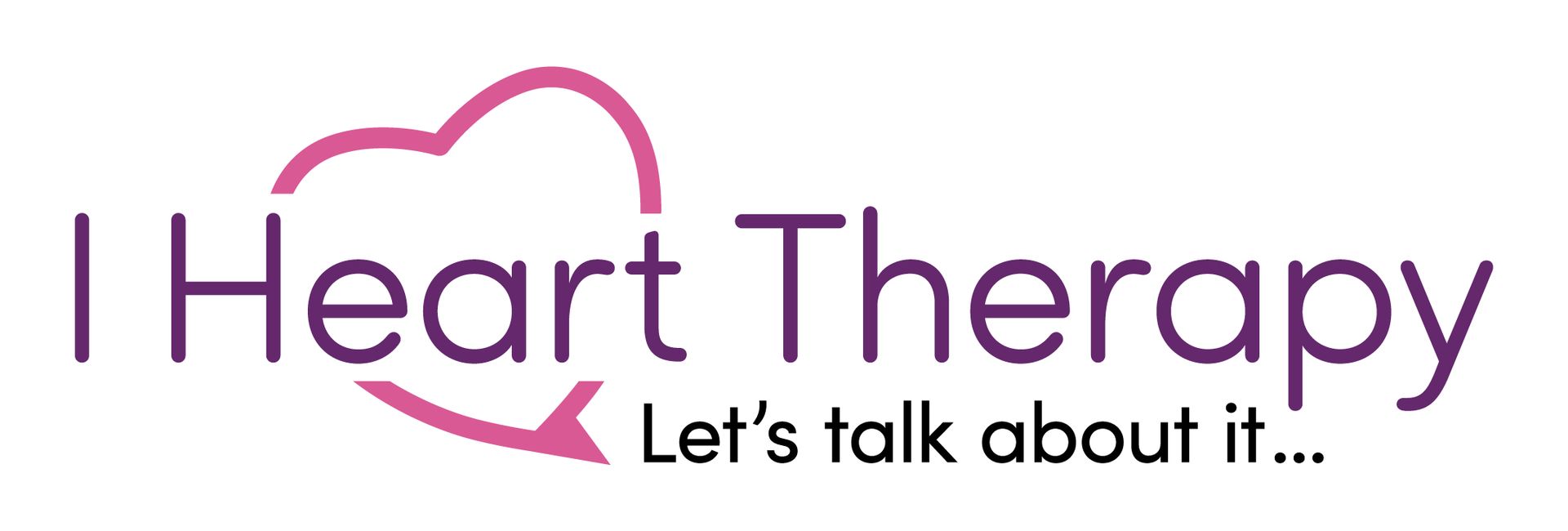Finding Balance: Techniques for Balancing Work and Personal Life in Therapy
At I Heart Therapy, we recognize the struggle of finding a balance between work and personal life. The pressures of a demanding job, family responsibilities, and personal aspirations can leave little time for self-care. Therapy offers practical techniques to help you find and maintain a healthy work-life balance. Let’s explore how therapy can support you in achieving this balance and provide strategies to integrate into your daily life.
Understanding Work-Life Balance
Work-life balance refers to the equilibrium between professional responsibilities and personal activities. Achieving this balance is essential for maintaining mental and physical well-being. However, it’s a constant challenge, especially with the increasing demands of modern life. Recognizing the importance of balance is the first step towards making positive changes.
The Role of Therapy in Achieving Balance
Therapy can play a pivotal role in helping individuals find balance. Through therapeutic techniques, individuals can gain insights into their behaviors, set realistic goals, and develop strategies to manage stress. At I Heart Therapy, we specialize in providing tailored support to help you achieve a harmonious balance between work and personal life.
Identifying Priorities
Assessing Your Values Therapy helps you identify what truly matters to you. By understanding your core values, you can prioritize activities that align with these values, ensuring that you spend time on what’s most important to you.
Setting Boundaries Learning to set boundaries is crucial for maintaining balance. Therapy provides strategies to help you establish clear boundaries between work and personal time, preventing burnout and promoting well-being.
Time Management Techniques
Creating a Schedule A structured schedule can help you allocate time effectively. Therapy can assist you in creating a balanced schedule that includes time for work, family, self-care, and leisure activities.
Prioritizing Tasks Therapists can teach you how to prioritize tasks based on urgency and importance. This ensures that critical tasks are completed on time, reducing stress and improving productivity.
Delegating Responsibilities Learning to delegate tasks, both at work and home, can free up time for other important activities. Therapy can help you develop the confidence and skills needed to delegate effectively.
Stress Management Strategies
Mindfulness and Relaxation Therapy often includes techniques like mindfulness and relaxation exercises to help manage stress. These practices can reduce anxiety and improve your ability to stay present and focused.
Cognitive Behavioral Techniques (CBT) CBT helps you identify and challenge negative thought patterns that contribute to stress. By reframing these thoughts, you can reduce stress and develop a more positive outlook.
Physical Activity Incorporating physical activity into your routine is essential for managing stress. Therapy can guide you in finding activities that you enjoy and can sustain, promoting both physical and mental health.

Self-Care Practices
Developing a Self-Care Routine Therapists can help you develop a personalized self-care routine that includes activities you enjoy and that promote relaxation and well-being.
Recognizing Burnout Therapy can help you recognize the signs of burnout and take proactive steps to prevent it. This includes learning to take breaks, set realistic goals, and prioritize self-care.
Engaging in Hobbies Engaging in hobbies and activities you love is essential for maintaining balance. Therapy can encourage you to rediscover and make time for these activities, enhancing your overall well-being.
Seeking Professional Support
If you’re struggling to find and maintain a healthy work-life balance, seeking professional support can be incredibly beneficial. At I Heart Therapy, our therapists are experienced in helping individuals navigate these challenges. We offer personalized teletherapy sessions that fit into your busy schedule, providing the support you need to achieve balance.
Embrace Balance for a Healthier Life
Achieving work-life balance is a continuous journey that requires effort and commitment. By integrating the techniques discussed in therapy, you can make meaningful changes that promote a healthier, more balanced life.
Empowering Affirmations for Work-Life Balance
Prioritizing Yourself and Well-being
- My well-being is essential for success in all areas of my life.
- I set healthy boundaries and stick to them to nurture my energy.
- Taking breaks and prioritizing self-care makes me a better person and employee.
Creating Space for Work and Personal Life
- I am creating a harmonious balance between my work and personal life.
- I am present and engaged during work hours and fully present in my personal time.
- I confidently say no to extra work when needed to prioritize my well-being.
Letting Go and Recharging
- I release work stress and anxieties at the end of the workday.
- I am worthy of rest and relaxation, and I allow myself to recharge.
- Saying no to extra work is not a sign of weakness, but of self-respect.
Confidence and Boundaries
- I am capable and efficient, and I complete my work within a designated timeframe.
- It's okay to delegate tasks and trust others to help maintain balance.
- My worth is not defined by my productivity.
How To Cultivate Hope



